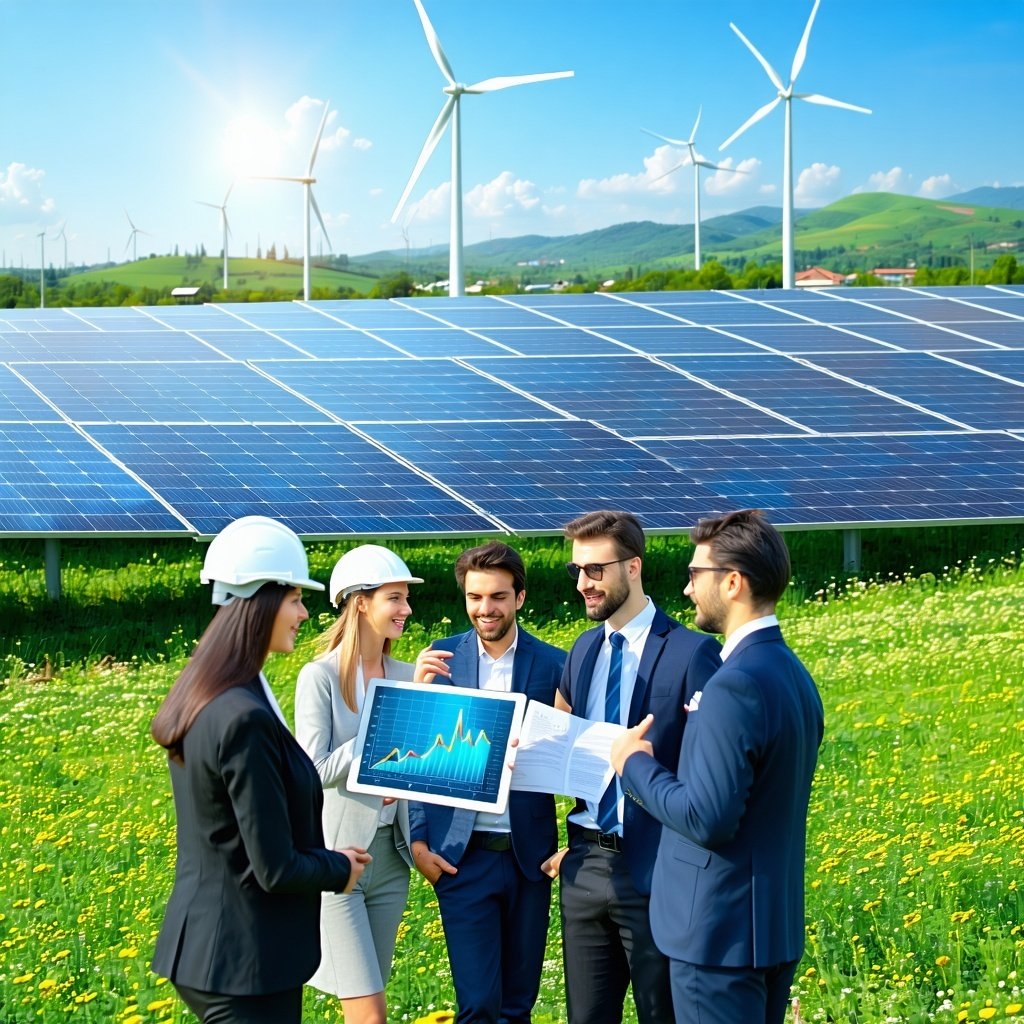Despite less favorable federal policies toward renewable energy, many companies in the United States remain committed to investing in clean energy. According to Gina McCarthy, former director of the Environmental Protection Agency (EPA), companies in states like Texas and Iowa continue to lead the development of solar and wind projects, driven by economic, reputational, and public health incentives.
McCarthy notes that while the public visibility of some corporate environmental initiatives has decreased due to political backlash fears, climate commitments have not disappeared. Many companies have opted to continue their sustainability plans, albeit more quietly. In fact, the desire to protect the financial benefits included in the 2022 Inflation Reduction Act remains strong among private sector leaders.
This effort is also reflected in strategic partnerships. Major corporations such as Google, Amazon, and Walmart have signed clean energy purchase agreements with providers across various states, driving renewable infrastructure development even in regions traditionally associated with fossil fuels. These investments are not only driven by environmental goals but also by profitability and energy resilience in a volatile global market.
In addition, coalitions like "America Is All In", which brings together cities, states, universities, and companies, are exerting pressure to maintain climate momentum despite shifts in federal policy. This network represents over 65% of the U.S. population and nearly 70% of the national GDP, underscoring the importance of local and decentralized commitment in the fight against climate change.
There’s also a noticeable rise in investments in emerging technologies such as battery storage and green hydrogen. These innovations are becoming a key part of corporate sustainability strategies and are expected to play a vital role in the energy transition over the next decade.
Altogether, these actions show that climate leadership in the United States is not confined to the federal government. Businesses, state governments, and communities are stepping up, proving that progress toward a clean economy can continue even in the face of temporary political setbacks.


